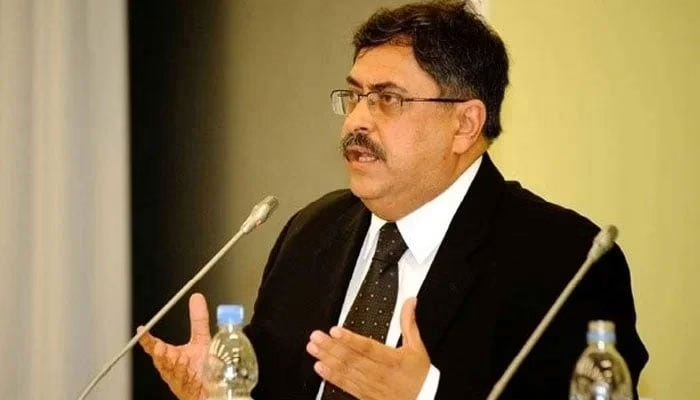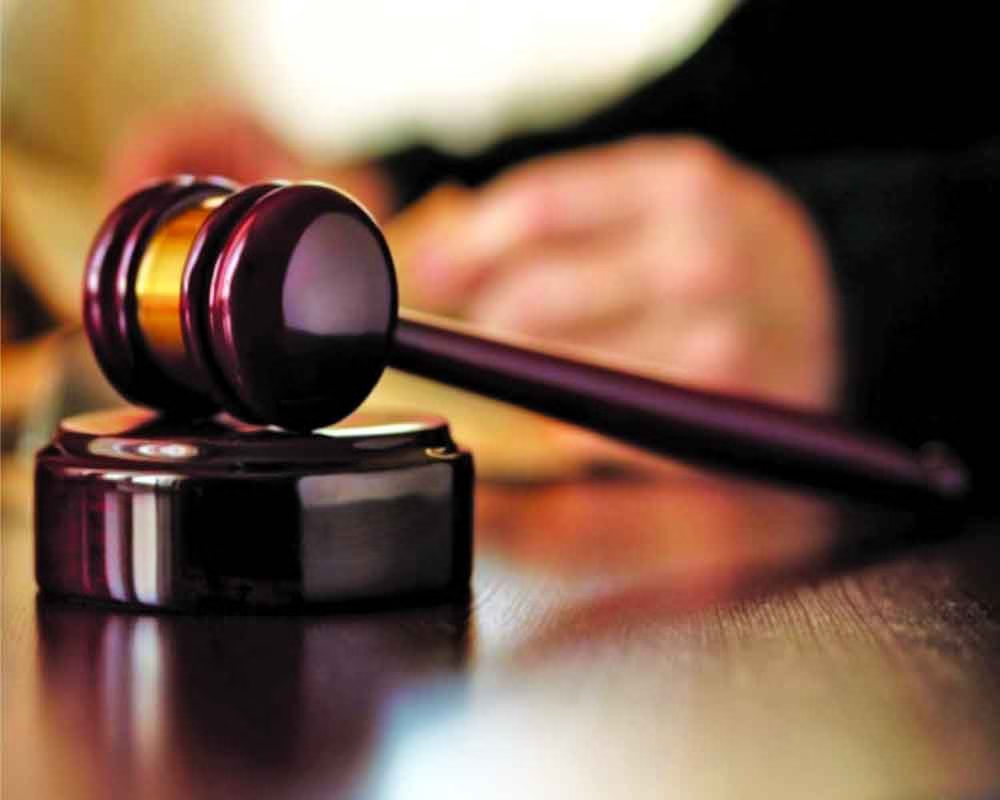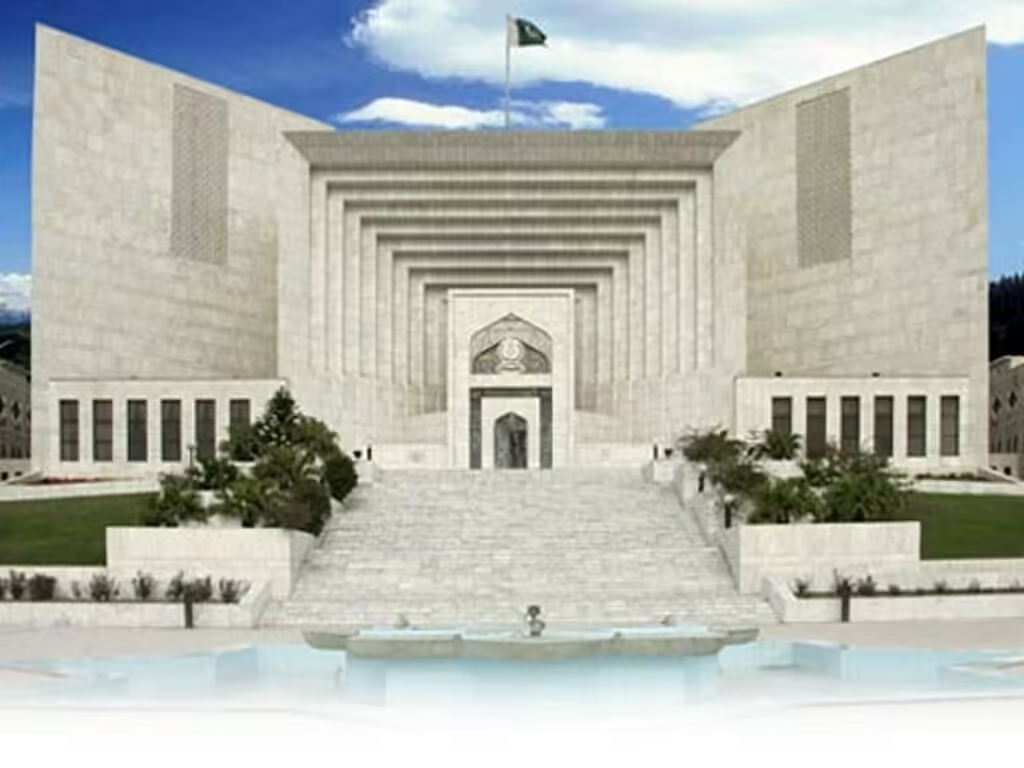The judicial history of Pakistan spans over seven decades, yet according to Supreme Court Justice Athar Minallah, it is not a legacy that inspires pride. Speaking at a seminar hosted by the Karachi Bar Association, Justice Minallah candidly highlighted how constitutional derailments, weak judicial independence, and political engineering have marred the judiciary’s role in strengthening democracy. His remarks shed light on the failures of the past while also reminding the legal fraternity of its responsibility toward ensuring constitutional supremacy.
The Troubled Judicial History of Pakistan
Justice Minallah observed that in 77 years, Pakistan’s judicial system has struggled to uphold the Constitution consistently. He lamented that most citizens hesitate to name even five judges who stood firmly for justice without compromise. This reality, he argued, reflects a troubled judicial history of Pakistan where personal gains often overshadowed constitutional principles.
The judge recalled how some courageous judges refused to take oath under the Provisional Constitutional Order (PCO). Many of them, especially from Sindh, sacrificed their chance of becoming chief justices but upheld their oath to defend the Constitution. Names such as Justice Bachal, Justice Vilani, Justice Constantine, and Justice Bakhsh stand out in this regard. Their choices remind us that integrity, not opportunism, builds the foundation of an independent judiciary.
Sacrifices in the Lawyers’ Movement
One of the defining moments in the judicial history of Pakistan was the lawyers’ movement, during which nearly 90 lawyers laid down their lives. Leaders like Munir A. Malik mobilized the legal community to stand up against dictatorship and restore the judiciary’s independence. Justice Minallah acknowledged that their sacrifices remain a debt the nation can never fully repay.
These moments show how civil society and the legal community have played critical roles in holding the judiciary accountable to its oath. However, they also underline how fragile Pakistan’s constitutional governance has been.
Constitutional Derailments and Their Consequences
Justice Minallah also reflected on how constitutional derailments shaped Pakistan’s trajectory. When Pakistan was being formed, an elected assembly was drafting the constitution for both East and West Pakistan. Yet, before it could take effect, the assembly was dissolved by military and civil authorities. This early disruption sowed the seeds of instability that ultimately contributed to the 1971 division of the country.
He noted that Bengalis never initially demanded separation; rather, they were branded a burden by those in power as early as 1962. Justice Munir’s writings, which justify the infamous “doctrine of necessity,” further illustrate how judicial decisions legitimized unconstitutional actions. This remains one of the darkest chapters in the judicial history of Pakistan, setting a precedent for future derailments.
Lessons from Karachi Bar’s Legacy
The Karachi Bar Association has historically stood firm against authoritarianism. Justice Minallah reminded the audience how the Bar supported Fatima Jinnah in her struggle against dictatorship, demonstrating the legal fraternity’s capacity to challenge illegitimate power. He also recalled how judges allowed themselves to be influenced during Zulfikar Ali Bhutto’s trial. While General Zia-ul-Haq denied pressuring the judiciary, later admissions revealed that the verdict leading to Bhutto’s execution was indeed influenced. Yet, three judges opposed the verdict, including Justice Haleem and Justice Turab Patel, both from Karachi.
Accountability and Supremacy of the Constitution
Justice Minallah stressed that sovereignty belongs to the people, not institutions. The foundation of the Constitution is the people’s right to rule through freely elected representatives. Unfortunately, in Pakistan, elections have often been undermined by political engineering and manipulation. While dictatorships held elections, they were rarely free or fair.
As a sitting judge, Minallah emphasized that his oath binds him to decide cases without fear, defend the Constitution above all, and remain accountable to both the people and God. This sense of accountability, he argued, is essential for rebuilding trust in the judiciary.
Comparisons with Other Nations
In drawing comparisons, Justice Minallah noted that Britain has functioned without a written constitution for over a century, yet the rule of law remains intact. In contrast, Pakistan’s judicial history has been characterized by distortions of both law and curriculum. A society that abandons truth faces destruction,he warned, highlighting the urgency of confronting historical mistakes with honesty.
Building a Proud Judicial Legacy
For Pakistan to move forward, lessons from its past must be acknowledged. Recent statistics indicate that public trust in the judiciary remains low, with surveys showing that over 60% of citizens believe the courts fail to deliver timely justice. This erosion of confidence is a direct result of decades of constitutional compromises.
Restoring that trust requires judges to remain steadfast in defending constitutional principles, lawyers to continue holding institutions accountable, and citizens to demand transparency in governance. The judiciary cannot function in isolation—it must work in tandem with society to uphold justice.
The judicial history of Pakistan is filled with moments of compromise but also instances of courage and sacrifice. Justice Athar Minallah’s reflections serve as both a critique of the past and a roadmap for the future. By prioritizing constitutional supremacy, judicial independence, and accountability to the people, Pakistan can still rewrite its judicial legacy into one of pride and integrity.



